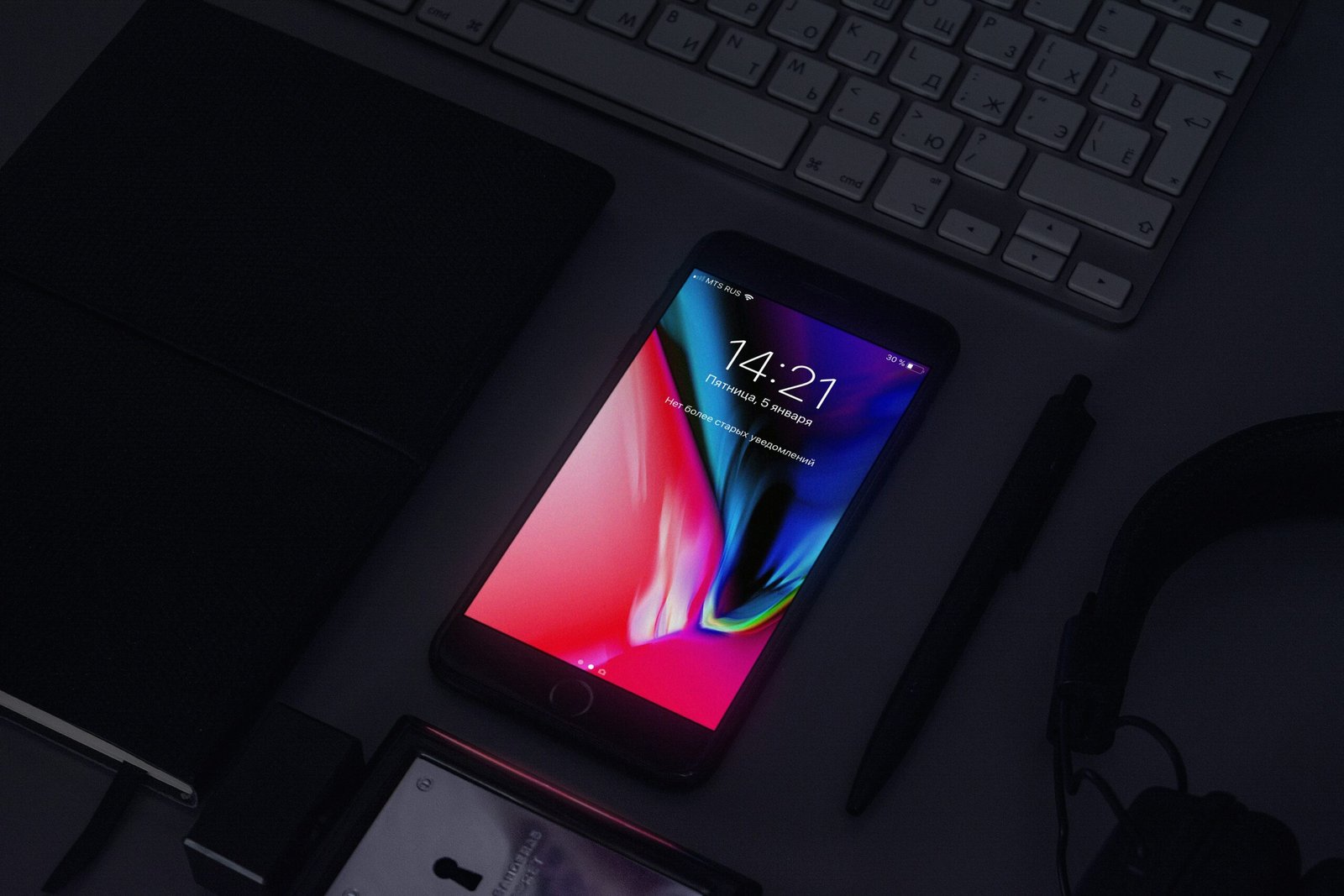Personal growth and self-improvement have become increasingly popular topics in today’s fast-paced world. With the rise of technology, self-improvement apps have emerged as a convenient and accessible tool for individuals seeking to enhance various aspects of their lives. In this blog post, we will explore the importance of user interface (UI) and user experience (UX) designs in transforming personal growth through self-improvement apps.
The Power of Self-Improvement Apps
Self-improvement apps offer a wide range of features and functionalities designed to help individuals achieve their personal goals. Whether it’s improving physical fitness, managing stress, enhancing productivity, or developing new skills, these apps provide users with the tools and resources they need to make positive changes in their lives.
What sets self-improvement apps apart is their ability to deliver personalized experiences tailored to each user’s unique needs and preferences. This is where UI and UX designs play a crucial role in creating a seamless and engaging user journey.
User Interface (UI) Design
UI design focuses on the visual elements and overall aesthetics of an app. It involves creating an intuitive and visually appealing interface that enhances the user’s experience. When it comes to self-improvement apps, UI design plays a vital role in capturing the user’s attention and motivating them to engage with the app regularly.
A well-designed UI should incorporate elements such as clear and concise navigation, visually appealing graphics, and a consistent color scheme that aligns with the app’s purpose. Additionally, UI design should prioritize simplicity and ease of use, ensuring that users can easily navigate through the app and access the features they need.
For example, a fitness app may use bright and energetic colors to evoke a sense of motivation and energy, while a meditation app may opt for calming and soothing colors to create a relaxing atmosphere. These design choices help create an emotional connection with the user, enhancing their overall experience and encouraging them to continue using the app.
User Experience (UX) Design
While UI design focuses on the visual aspects of an app, UX design focuses on the overall user experience and how the app meets the user’s needs and expectations. UX design involves understanding the user’s journey, identifying pain points, and designing solutions that address those pain points.
In the context of self-improvement apps, UX design plays a crucial role in ensuring that users can easily navigate through the app, set goals, track progress, and receive feedback. A well-designed UX should provide a seamless and intuitive user journey, making it easy for users to engage with the app and stay motivated.
For example, a habit-tracking app may use gamification elements, such as rewards and progress badges, to motivate users to stick to their goals. Additionally, personalized recommendations and reminders can help users stay on track and make progress towards their desired outcomes.
The Impact of UI/UX Designs on Personal Growth
Effective UI/UX designs have the potential to significantly impact personal growth by providing users with an engaging and motivating experience. When users find an app visually appealing, easy to use, and tailored to their needs, they are more likely to continue using it and make progress towards their goals.
Furthermore, well-designed UI/UX can enhance user satisfaction and increase the likelihood of positive habit formation. By creating a positive user experience, self-improvement apps can help individuals develop long-lasting habits and achieve sustainable personal growth.
Conclusion
UI/UX designs have a transformative effect on personal growth through self-improvement apps. By combining visually appealing UI designs with intuitive UX experiences, these apps can motivate and empower individuals to make positive changes in their lives. As technology continues to evolve, the role of UI/UX designs in personal growth will become even more critical, shaping the way we engage with self-improvement apps and unlock our full potential.












Leave a Reply